
The First 20 Hours
How to Learn Anything...Fast!
From The First 20 Hours by Josh Kaufman. Summarized by arrangement with Portfolio, a member of Penguin Group (USA) LLC, a Penguin Random House Company
ISBN: 9781591845553
Pages: 288
Recommendation
This is a wonderful – if flawed – book. Readers will benefit from the first three chapters, wherein author Josh Kaufman explains his logical, effective “rapid skill-acquisition system.” The “Afterword” and the “Note to the Reader” are also helpful. However, unless the specific skills intrigue you, the chapters in which the author goes through teaching himself yoga, the game of Go, computer programming, windsurfing, touch typing and the ukulele are not as useful, though the author intends them as positive demonstrations. In these case history chapters, any clear sense of Kaufman’s program – and how a reader might apply it – disappears beneath an unnecessary welter of terminology and jargon specific to each endeavor covered. Rather than looking to this manual as an aid in learning those particular skills, savor Kaufman’s journey to discover how you can quickly develop competency in new areas. His first principle is to focus on something you always wanted to learn. The author does not discuss how his techniques work in a corporate setting, but training professionals will immediately see the value of applying his system. getAbstract recommends Kaufman’s effective rapid skill-acquisition process to anyone who wants to gain a new skill quickly and to those who teach skills to others.
Summary
About the Author
Josh Kaufman, who wrote The Personal MBA: Master the Art of Business, specializes in teaching professionals how to amass business knowledge.








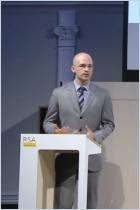
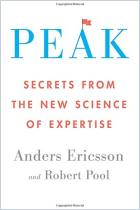
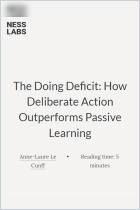
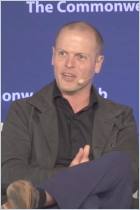
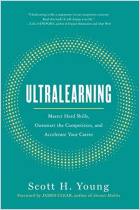
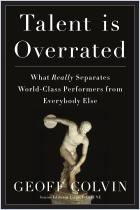


Comment on this summary